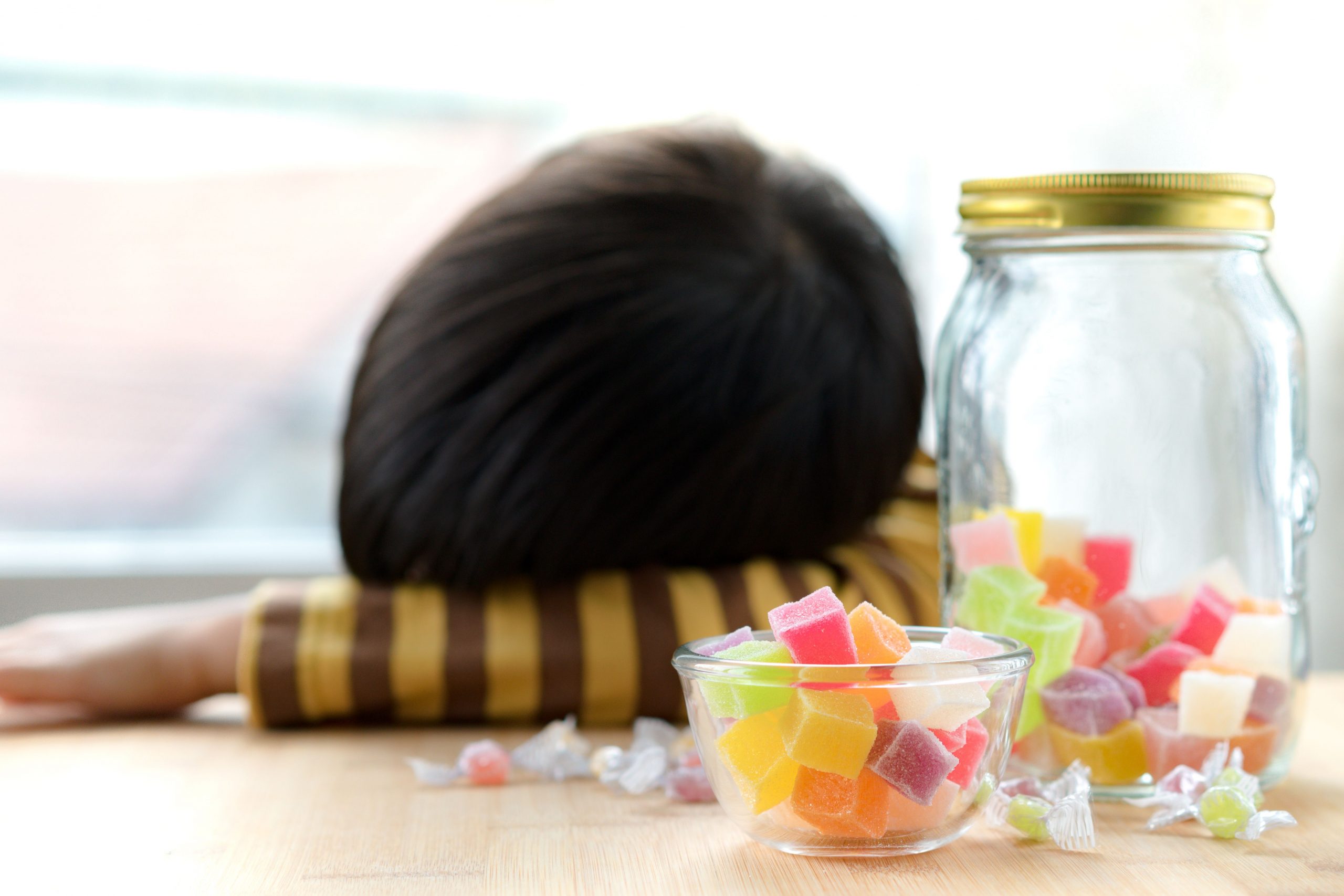High carbonated soft drink Intake is associated with health risk behavior and poor mental health among school-going adolescents in six Southeast Asian Countries
Pengpid & Peltzer (2019) observed that while carbonated soft drink (CSD) intake has been associated with risk behaviors among adolescents in high-income nations, data on this relationship in children living in low- and middle-income countries is lacking. This study applied the data collected from the “Global School-Based Student Health Survey (GSHS)”, which involved 36,173 adolescents from Bangladesh, Indonesia, Laos, Philippines, Thailand, and Timor-Leste, to analyze the association between CSD consumption, health risk behavior, and signs of poor mental health among these school-goers. The data showed that across all six Southern Asian countries, 23.9% had drunk no CSD, 38.8% had consumed CSD less than once a day, 19.9% once a day, and 17.5% ≥ two times per day in the last 30 days. Adjusted logistic regression models revealed a positive association between CSD consumption with history of loneliness, anxiety, suicide ideation, suicide planning, and suicide attempts. Drinking carbonated soda was also linked with greater risk of having been attacked, having sustained an injury, having been in a physical fight, having been bullied, school truancy, tobacco use, alcohol use, and lifetime drunkenness. Whatsmore, the participants who reported intake of CSD ≥two times/day were more likely to have used cannabis and amphetamine before in their lives. This study provides evidence of health risk behaviors and poor mental health being related to the consumption of carbonated soft drinks in low- and middle-income countries.
Year: 2019
 Navigation
Navigation






